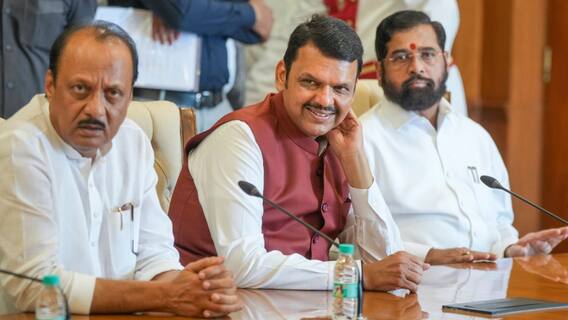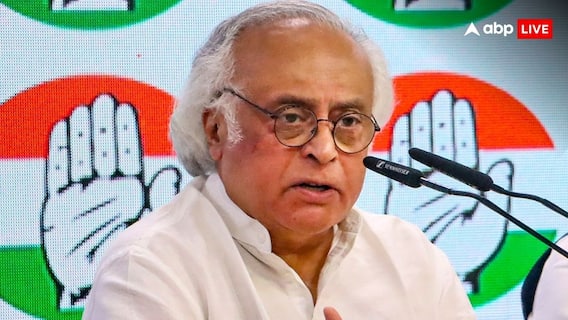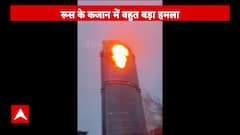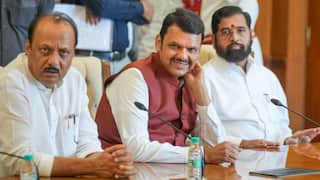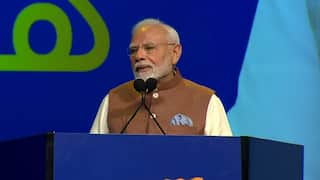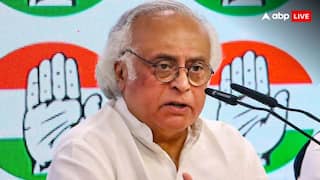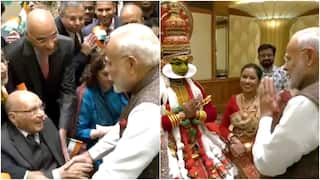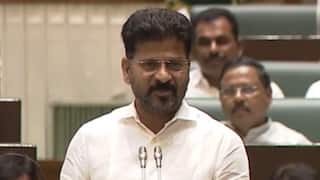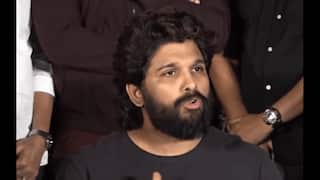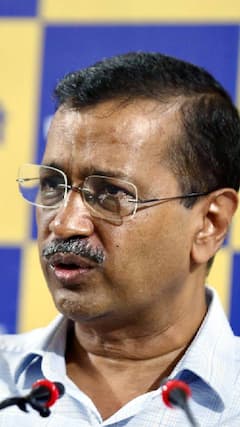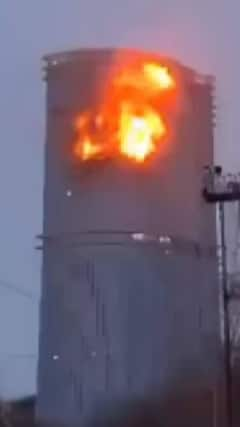Deradicalisation of terror groups won't work in Pakistan, says expert

Islamabad [Pakistan], Oct 5 (ANI): The deradicalisation of terror groups by the army would not work in Pakistan, rather it will strengthen them, an expert has said.
Referring to Jamaat-ud-Dawa chief Hafiz Saeed launching a political outfit called the Milli Muslim League, Memphis Barker, a Pakistan correspondent for The Economist, quoted Muhammad Amir Rana of the Pakistan Institute for Peace Studies, as saying that the military (Pakistan Army) held successful talks with several "banned organizations" over a deradicalization strategy that would, in theory, see them drop their AK-47s and pick up clipboards.
"But deradicalization is tricky at the best of times, and the conditions that made it work elsewhere in the past, simply don't apply to Pakistan today," Barker said in an article published in the Foreign Policy.
He cited that some are pointing to the IRA in Ireland or Islamist radicals in Indonesia as proof that political engagement can defang terrorist groups.
"But deradicalisation is tricky at the best of times, and the conditions that made it work elsewhere in the past simply don't apply to Pakistan today," Barker said.
"Most of all, it needs a state willing to threaten nonstate actors with something they would rather avoid (a military offensive) while proffering the reward of something they want (political influence)," he added.
Barker said that deradicalisation of terror groups would in fact strengthen these groups.
"In fact, the 'mainstreaming' project appears just as likely to strengthen jihadi militants as quell them - and you don't have to be a conspiracy theorist to wonder whether that isn't really the point," he said.
"By global standards, the Pakistani army is large, well equipped, and well disciplined. But it's next door to India, a foe three times its size, which has beaten it soundly in every conflict the two have ever had. That leaves the military willing to resort to the darkest methods to even the score," he further said
Highlighting Pakistan Army's support to terror groups, Baker said, "the army has been chasing the possibility of a "good Taliban" for decades - starting with the Afghan Taliban itself, sponsored and supported by Pakistan's intelligence agency, the Inter-Services Intelligence. The main reason that Lashkar-e-Taiba and its charitable front, Jamaat-ud-Dawa, survive under Hafiz Saeed's leadership is that as far as the military is concerned, they're the good jihadis."
"The Pakistan army may find that its strategy backfires in another way. The whole point of using militants against India is to maintain a facade of plausible deniability. But bringing Saeed into the system puts all that at risk," he warned. (ANI)
This story has not been edited. It has been published as provided by ANI
Trending News
Top Headlines






